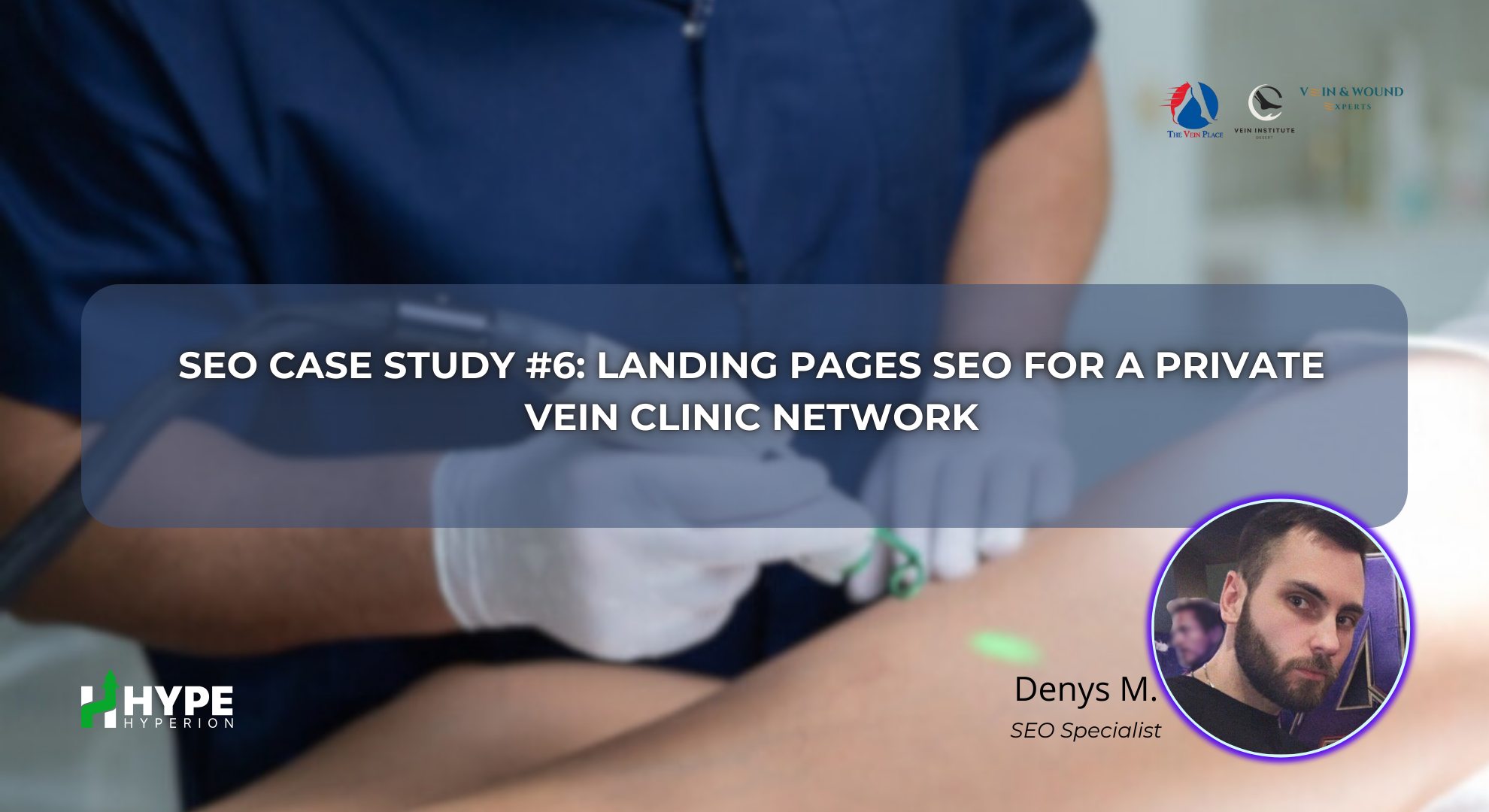The digital marketing landscape is continually evolving, with search engine optimization (SEO) at its core. As we step into 2024, Google’s latest algorithm updates and AI integration are reshaping SEO strategies, demanding a fresh approach from businesses and marketing agencies alike.
Understanding Google’s 2024 Algorithm Updates
Google’s commitment to refining search quality is unwavering, and their latest updates are a testament to this. Here’s a breakdown of the most impactful changes that will define SEO in 2024.
Core Web Vitals and Page Experience
Google’s emphasis on user experience continues with an expanded focus on Core Web Vitals. These metrics evaluate the loading speed, interactivity, and visual stability of web pages.
- Loading (Largest Contentful Paint – LCP): Measures how quickly the main content of a page loads.
- Interactivity (First Input Delay – FID): Assesses how quickly a page responds to user interactions.
- Visual Stability (Cumulative Layout Shift – CLS): Ensures that pages are visually stable and don’t have unexpected shifts.
These factors significantly influence rankings, making it essential for websites to optimize these aspects to maintain or improve their search visibility. For marketing agencies, this shift means prioritizing technical SEO and performance optimization.
E-A-T and the Continued Rise of Quality Content
Google’s E-A-T (Expertise, Authoritativeness, Trustworthiness) principles are more critical than ever. With updates targeting content quality, websites must:
- Show Expertise: Content should be authored by knowledgeable and experienced individuals.
- Demonstrate Authoritativeness: Websites need to establish themselves as authorities in their respective fields.
- Build Trustworthiness: Trust signals like secure connections, transparent policies, and positive user reviews are vital.
This update pushes content creators and marketing agencies to invest in high-quality, credible content that meets these criteria.
Mobile-First Indexing
Mobile-first indexing has been a gradual shift over the past few years, but in 2024, it’s now a default. Google predominantly uses the mobile version of content for indexing and ranking.
- Responsive Design: Ensuring your website provides an optimal experience across all devices.
- Mobile-Friendly Content: Simplifying navigation and enhancing mobile usability.
A marketing agency specializing in mobile SEO can help ensure your site is compliant and optimized for these new standards.
Search Intent and User-Centric Content
Understanding and aligning with user intent is a focal point in Google’s algorithm. In 2024, search intent optimization means creating content that directly answers user queries and anticipates their needs.
- Informational Content: Focusing on content that educates or provides information.
- Transactional Content: Targeting content that supports purchasing decisions.
- Navigational Content: Streamlining content that helps users find specific information or websites.
Marketing agencies need to delve deeper into keyword research and content strategy to cater to these diverse intents effectively.
The Role of AI in SEO
Artificial Intelligence (AI) is no longer a buzzword but a critical component of modern SEO. Google’s integration of AI technologies like BERT (Bidirectional Encoder Representations from Transformers) and MUM (Multitask Unified Model) are game-changers in how search queries are understood and processed.
BERT and Natural Language Processing
BERT enhances Google’s ability to comprehend the context of words in search queries, improving the relevance of search results. For SEO, this means:
- Contextual Keywords: Focusing on how keywords fit naturally within content.
- Semantic Search: Creating content that aligns with the user’s search intent rather than just keyword matches.
Marketing agencies need to adapt their content strategies to focus more on natural language and user-centric content.
MUM and Multimodal Understanding
Google’s MUM technology takes it a step further by understanding information across different formats – text, images, and even videos. It can process complex queries that require a multifaceted understanding.
- Multimedia Content: Integrating diverse content types to provide comprehensive answers.
- Complex Query Handling: Creating content that can address intricate and detailed search queries.
For marketing agencies, leveraging MUM means optimizing for a wider array of content formats and understanding complex user queries better.
AI-Powered Insights and Predictive Analysis
AI tools provide unprecedented insights into user behavior and search trends, enabling proactive SEO strategies.
- Predictive SEO: Using AI to anticipate shifts in search trends and adjusting strategies accordingly.
- User Behavior Analysis: Harnessing AI to understand and predict user interactions and preferences.
A marketing agency skilled in AI-powered tools can stay ahead of the curve, offering innovative solutions to its clients.
Integrating AI with SEO Strategies
To fully leverage the potential of AI in SEO, businesses and marketing agencies should consider the following approaches:
Enhanced Content Creation
AI tools can assist in creating content that is not only SEO-friendly but also engaging and relevant to users.
- AI Content Generation: Tools that help generate ideas or even draft content based on SEO best practices.
- Content Personalization: Customizing content to match user preferences and behavior patterns.
Automated SEO Tasks
AI can automate many repetitive SEO tasks, freeing up time for more strategic activities.
- Keyword Research: AI-powered tools can quickly identify valuable keywords and trends.
- Performance Monitoring: Continuous tracking of SEO performance metrics with minimal manual intervention.
Advanced Analytics
AI-enhanced analytics provide deeper insights into SEO performance and user interactions.
- SEO Audits: Comprehensive analysis of website SEO health and recommendations for improvement.
- User Interaction Analysis: Understanding how users engage with content and identifying opportunities for optimization.
Preparing for the Future
The integration of AI and the continuous updates to Google’s algorithms underscore the importance of staying agile and informed in the digital marketing world.
Marketing agencies like Hypehyperion are well-equipped to navigate these changes, offering expertise in SEO optimization, Google advertising, SMM, influencer marketing, and YouTube channel development. Their experience and innovative approach ensure that businesses can thrive in an ever-evolving landscape.
Embracing these shifts and integrating AI-driven strategies will position your business to capture the growing opportunities in SEO for 2024 and beyond.


